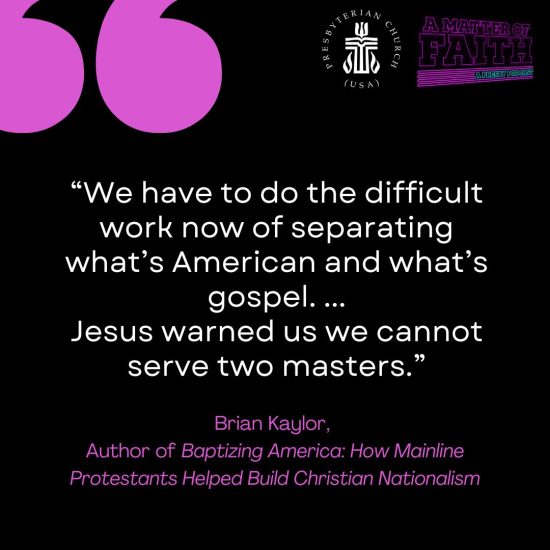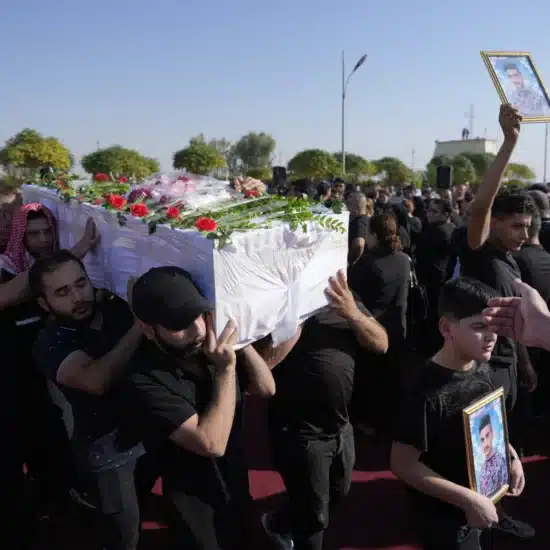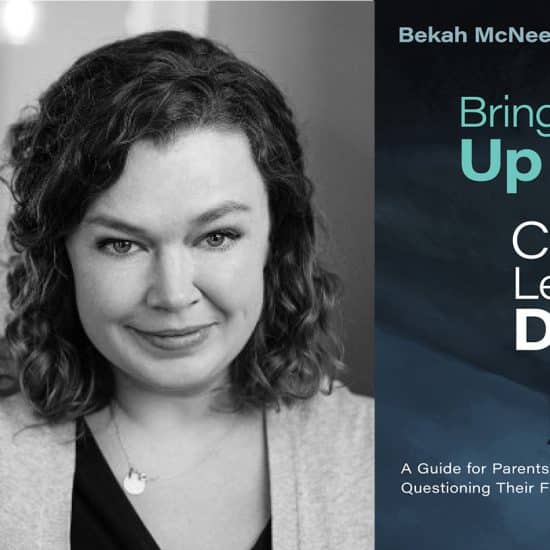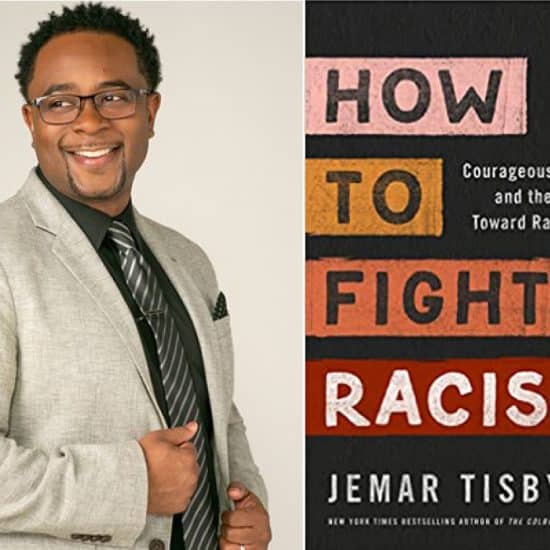MACON, Ga. (ABP) – The author of a 1996 book that critics labeled heresy has released another title that is being met with similar controversy.

Kirby Godsey
|
Kirby Godsey, who served 27 years as president of Mercer University before being elected chancellor in 2006, drew a rebuke from the Georgia Baptist Convention with his 1996 book When We Talk About God … Let’s Be Honest. Critics charged that it embraced universalism, the notion that everybody is saved, and rejected the biblical doctrine of hell.
Godsey’s new book, Is God a Christian? published by Mercer University Press, tackles the interfaith challenge.
“The reality is — as I talk about later in the book — God is not a Christian,” Godsey said in a radio interview. “God is not a Jew. God is not a Muslim. God is above all our religious gods.”
Godsey told Welton Gaddy, head of the Interfaith Alliance and host of State of Belief radio, that he wrote the book to increase understanding in a time when many people are misusing religion for evil.
“There is literally a mountain of bad religion out there in the world,” Godsey said. “People are maiming and killing, destroying other human beings in the name of God and Allah and Yaweh, so I am concerned that religion is being used for unholy, even evil, purposes. We need to save religion, if you will, from the group of those that want to use it for evil purposes.”
Godsey writes in the preface: “For a long while I had this gnawing sense that there is more to this idea of God than anybody’s religion can ever tell us. I suspect that no person’s religion is big enough to contain God. We need more than ever before to develop creative communities of conversation. Conversation doesn’t begin with talking. It begins with listening.”
Like his previous book, Is God a Christian? is creating pushback from conservative theologians in the Southern Baptist Convention. Albert Mohler, president of Southern Baptist Theological Seminary, called it “an unmitigated theological disaster.”
Godsey said he thinks one reason some people react so negatively to the book’s message is fear.
“I think people are afraid, and I think much of the motivation for religion in the world is fear,” he said. “That runs counter certainly to the religious experience that we found reflected in the life of Jesus, and I think runs counter to the higher elements of all religions.”
Godsey said most people hold to Islam, Judaism or Christianity because they were brought up that way. As they grow up influenced by their particular religion, they tend to assume that their beliefs are the only true ones and all others are false.
He said the book “is an effort to question that and to foster conversations among people of different faiths.”
“My parents could have lived their whole lives and never run into a Hindu or a Buddhist or Muslim,” Godsey said. “That’s not the case any longer.”
“We live up close to one another,” he continued. “We’re all not only citizens of our own country. We are citizens of the world.”
“We’ve got to recognize that every other person out there is also created in the image of God,” Godsey said. “They are as much a child of God as are we. So we need to treat them with respect, with a genuine caring and love and forgiveness.”
Godsey said problems of religious extremism and intolerance aren’t limited to any particular faith.
“Every one of us gets mired in their own internal feuds and conflicts,” he said. “So all the world religions are human religions and they reflect the problems of the human condition.”
For Christians to take their particular faith seriously, he noted Jesus’ statement “I give you a new commandment; love one another.”
“He didn’t say love one another unless they happen to be a Muslim or a Hindu,” Godsey said. “The Christian gospel simply leaves us no room to act with hostility and anger and ugliness and hatred toward people of other faiths.”
Godsey said one reason he is willing to risk criticism over the book is because “those of us who know better” have a responsibility to counter the narrow claims of fundamentalism.
“I talk a lot about fundamentalism,” Godsey said. “I don’t think fundamentalists are bad people, but I think fundamentalism is a religion rooted in fear and hostility and anger. We have to speak out and try to become a voice for overcoming religious bigotry and religious intolerance.”
“It’s not a problem with just one religion,” he said. “Clearly we see religious intolerance among Christians and Jews and Muslims and Hindus. Intolerance and religious bigotry is really undermining and can threaten the very stability of civilization. The question is whether it’s going to become a force for growing up, becoming more civilized, or if religion is one of the forces that have to be overcome in order to become more civilized as a human race.”
Godsey said while researching different religions for the book “I became more convinced than ever that we all live by grace.”
“The grace of God is not a grace that comes only to us as Christians,” he said. “God is present and loves and accepts and embraces all people of the earth. We need to learn to do so as well.”
-30-
Bob Allen is managing editor of Associated Baptist Press.






